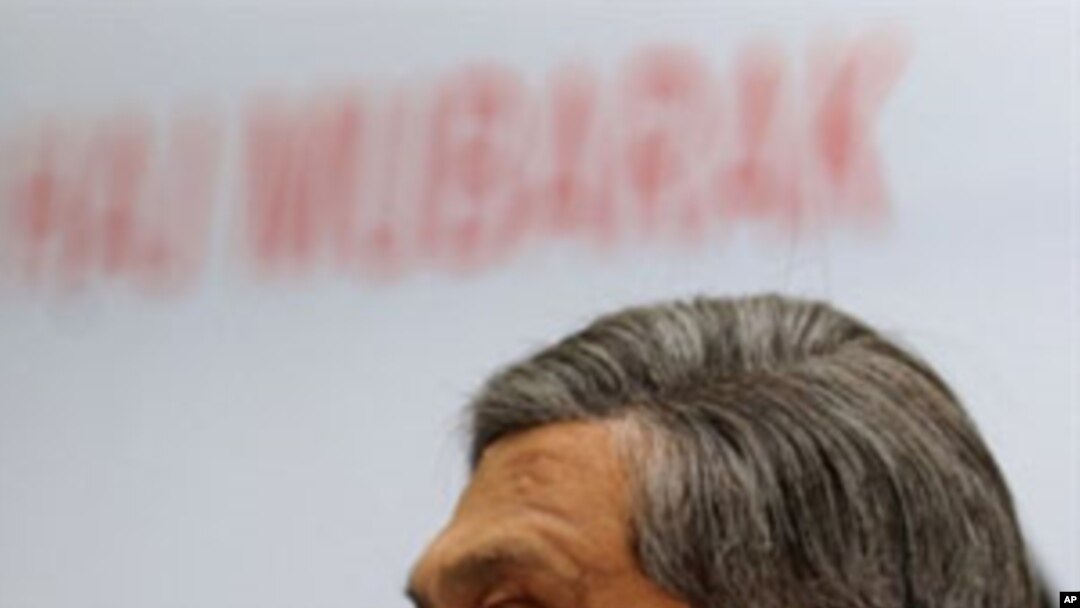Senior U.S. and Indian officials have begun an unprecedented strategic dialogue aimed at increasing cooperation in combating terrorism, climate change and other global problems.
Secretary of State Hillary Clinton said she hopes the talks will dispel lingering doubts on both sides about the growing bilateral partnership. The new new dialogue underscores a growing U.S.-India alliance, which President Barack Obama said last week will be one of the defining partnerships of the 21st century.
The historically uneven U.S.-Indian relationship took a major turn toward stability in 2005 during the Bush administration, when the two sides reached a controversial civil nuclear agreement.
Cooperation in various fields has grown rapidly since then, though Secretary Clinton, in welcoming remarks to the Indian team led by Foreign Minister S.M. Krishna, said doubts remain on both sides about the durability of the partnership.
"We must not only build on areas of agreement but frankly address doubts that remain on both sides - doubts among some Indians that the United States only sees India, or mainly sees India, in the context of Afghanistan and Pakistan, or that we will hasten our departure from Afghanistan, leaving India to deal with the aftermath," Clinton said. "Doubts in America that India has not fully embraced its role in regional and global affairs or will not make the economic reforms needed to foster additional progress."
In his remarks, to the assembled teams of senior defense, intelligence, trade, agriculture and other officials, Indian Foreign Minister Krishna stressed the need for closer U.S.-India cooperation against transnational terrorism.
He pointedly singled out the attempted car bombing in New York's Times Square a month ago, in which a Pakistani-born U.S. citizen has been charged.
"Though the epicenter of this threat lies in India's neighborhood, it reaches far and wide all across the world, as we have seen time and again and most recently a few weeks back in Times Square," Krishna said, suggesting that American anti-terrorism effort has been too narrowly focused on al-Qaida.
"Given the fact that the groups who preach the ideology of hatred and violence are increasingly coalescing, sharing resources and operating as one, it is incumbent upon all of us to focus our efforts, laser-like, on every one of them," Krishna added. "Targeting only one of such groups will only provide false comfort in the short term and will not assure any long-term stability."
The Indian minister said his government values U.S. support for its investigation of the 2008 Mumbai terror attacks, and said the logical next step is giving Indian authorities access to persons he said have been apprehended by the United States in the case.
Krishna also said, in the wake of the U.S.-India nuclear deal, that the United States should lift remaining export controls on high-technology sales to India, which he termed "anomalous" and a hindrance to further trade.
Clinton noted that two-way, U.S.-Indian trade last year totaled $66 billion, ten times the level of 1990.
President Obama, due to visit India later this year, is to address a closing session of the dialogue plenary late Thursday.


